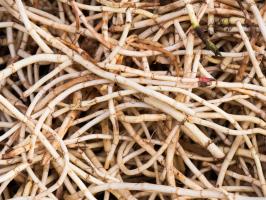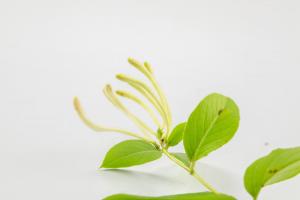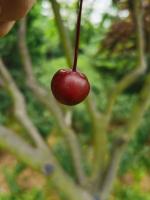Watermelon peel enzyme
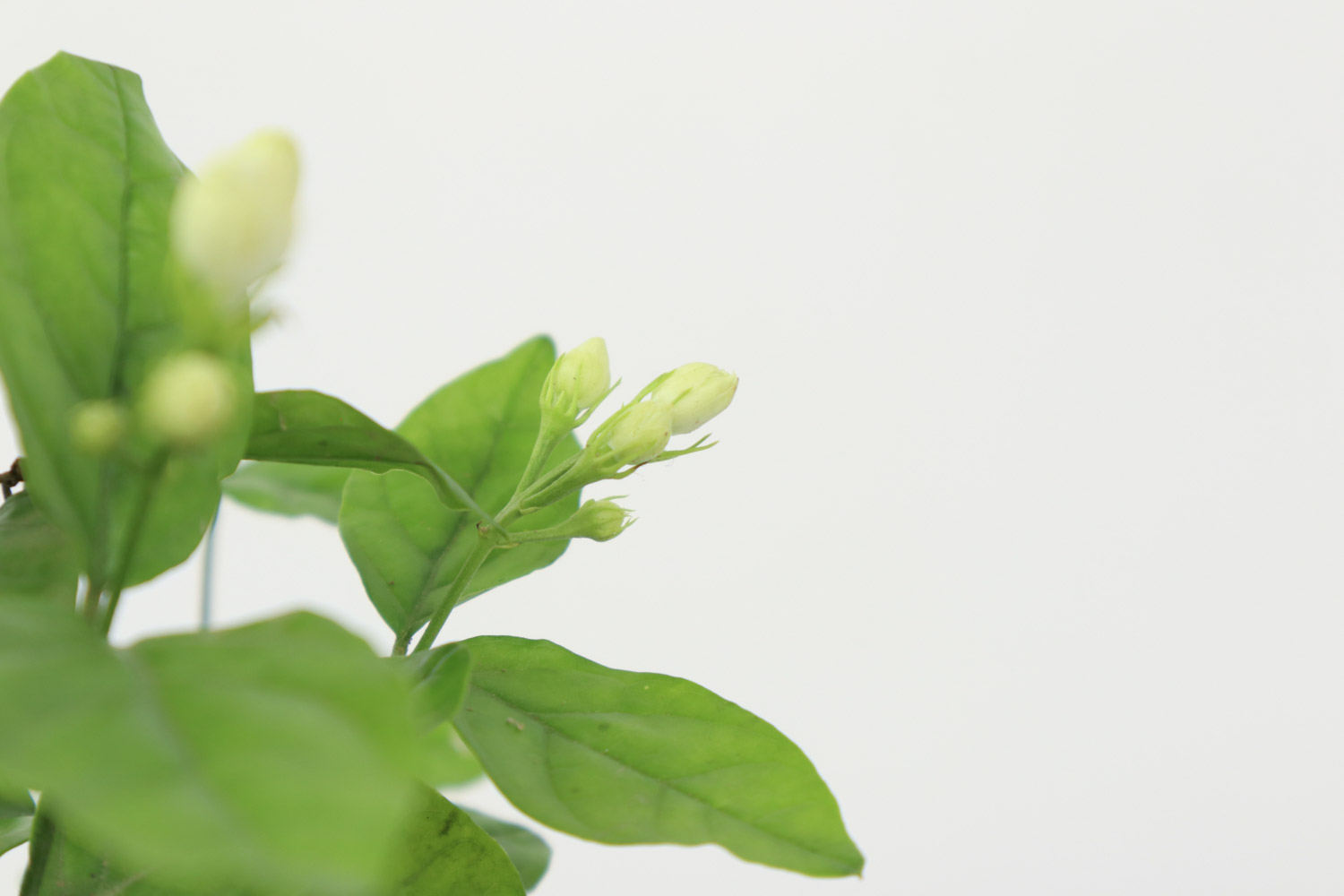
1. Cut the watermelon peel into pieces for standby. The pulp on the watermelon peel contains a lot of sugar, which can help fermentation. Don't remove it
2. Find a clean plastic bottle or bucket. If the bottle is very dirty, you can put a little mung beans, add water, shake a few times, and the bottle will be clean
3. There is no need to add brown sugar when making watermelon peel enzyme, because the sugar content of watermelon itself is very high. However, you can put some flowers that fail at home, so that the fermented taste will smell better
4. Put the cut watermelon peel and petals into the bottle and add water, but don't fill it too full and don't screw the bottle cap too tightly. A large amount of gas will be produced in the fermentation process. If it is installed too slowly and screwed too tightly, it is easy to explode
5. If you are worried about the explosion caused by too much gas in the bottle, you can put a balloon at the mouth of the bottle without the bottle cap. When the balloon is full, you can take it off to deflate
6. In summer, the enzyme can ferment in about a month. After successful fermentation, you can pour Gardenia Jasmine 500 times with water, and the flowers will bloom big and much
Watermelon skin buried in the soil
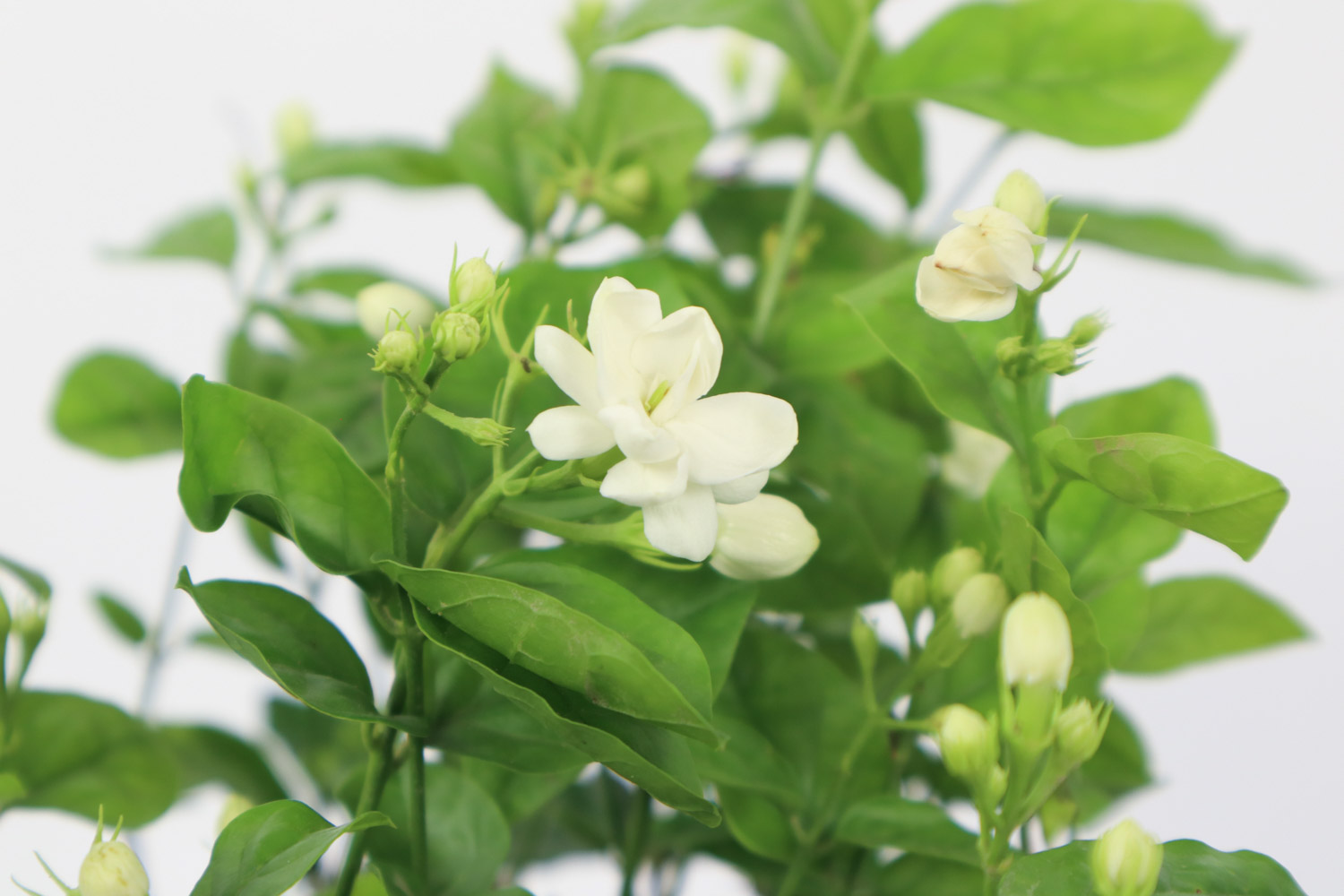
1. Cut the leftover watermelon peel into small pieces. It's best not to be too big, otherwise it's not easy to decompose
2. Prepare a basin of garden soil and several plastic bags
3. First lay a layer of garden soil in the plastic bag, then put a layer of watermelon peel, and cover the bag in the form of sandwich
4. Finally, lay a thick layer of garden soil and fasten the plastic bags. For the sake of insurance, you can fasten several more bags. Then put it in the sun and let it ferment naturally
5. The temperature is high in summer. It will ferment in almost a month. The flower soil made of watermelon peel is acidic, which is most suitable for planting gardenia and jasmine
Watermelon peel liquid fertilizer
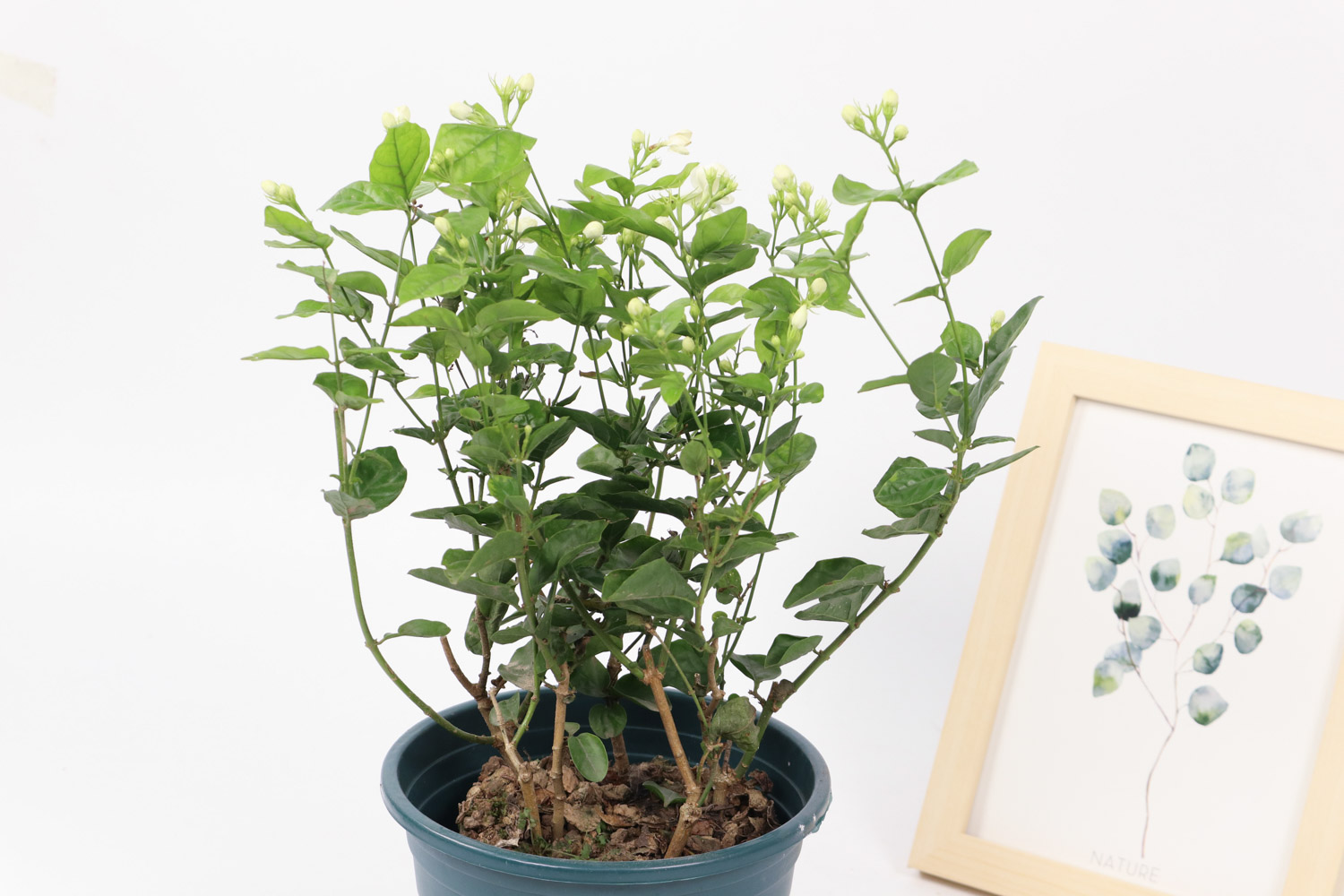
1. Scrape the red pulp on the watermelon skin with a small spoon, because the red pulp has a lot of sugar, which is easy to attract insects
2. Rinse the scraped watermelon peel with clean water several times to clean the residual sugar
3. The washed watermelon peel is cut into small pieces, which ferments faster and is easier to put in a small bottle
4. Put the cut watermelon skin into the plastic bucket and leave a space of several centimeters at the bottle mouth. Don't screw the bottle mouth too tightly. If you find that the bottle is badly inflated, you should open your mouth and breathe
5. Friends who have a blender at home can break the watermelon peel directly, which makes it ferment faster
6. Put the bottle in the sun for about 20 days, and the liquid fertilizer of watermelon peel can be fermented. The fermented watermelon peel is acidic. You can mix it with water 10 times. Pour gardenia and jasmine, and the flowers will gurgle
In addition to raising flowers, watermelon peel has many uses
Watermelon peel kills flies
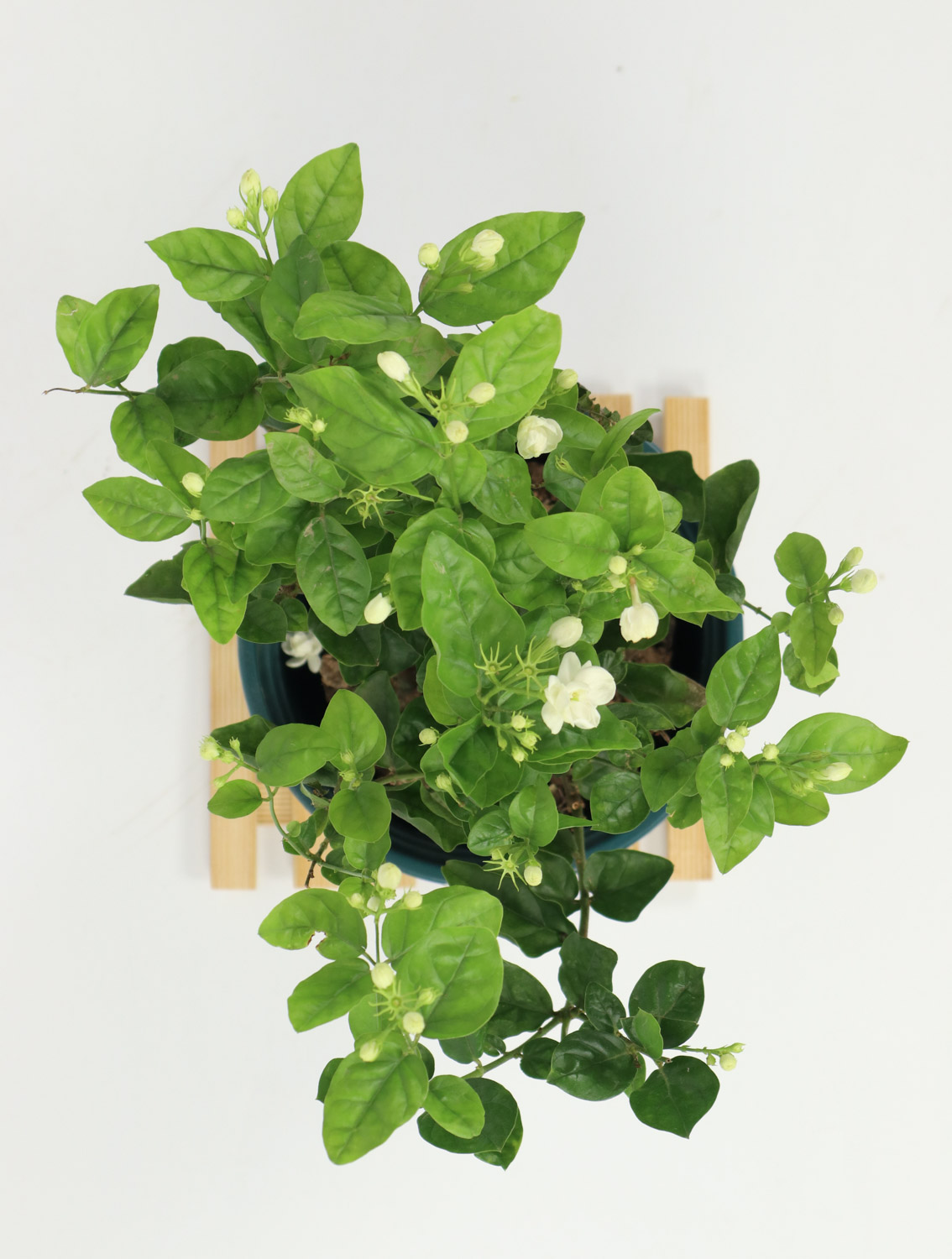
1. Find a transparent snack box, put the watermelon peel in, and sprinkle some sugar and detergent. Sticky detergent will stick and kill annoying flies
2. After closing the lid, remember to poke a hole in the lid, otherwise the fly won't fly in
Watermelon peel to remove prickly heat and relieve itching
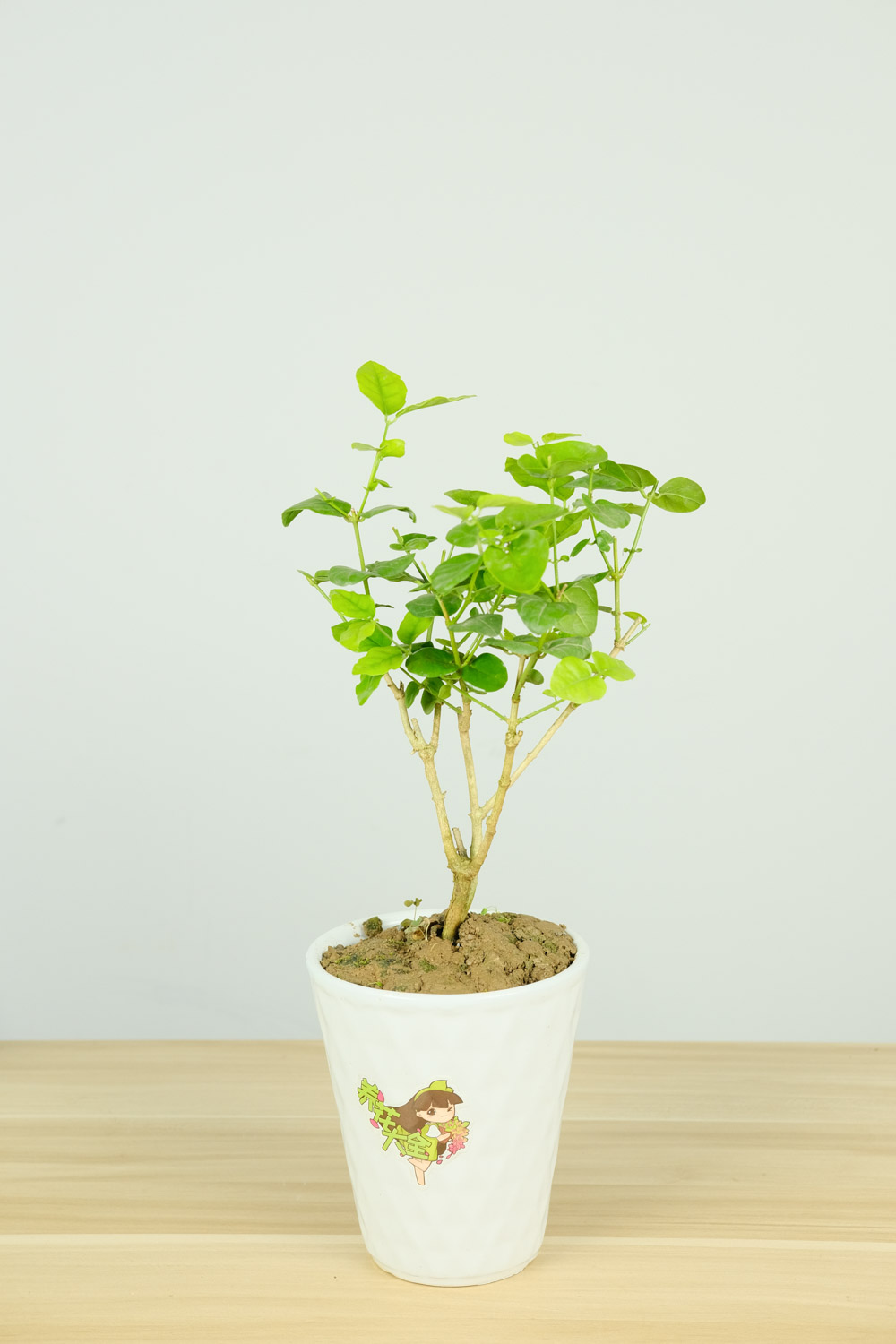
1. Scrape off all the red pulp of watermelon peel and put it into juice in the juicer. Filter out the waste and put it in the refrigerator for refrigeration. Take out a little at a time and put it on the place with long prickly heat. It works several times
2. Friends who find it troublesome to extract juice can directly smear the place with watermelon peel
The small watermelon peel is of great use
If you like raising flowers, come and have a try
Also welcome to share with other friends~

 how many times do yo...
how many times do yo... how many planted tre...
how many planted tre... how many pine trees ...
how many pine trees ... how many pecan trees...
how many pecan trees... how many plants comp...
how many plants comp... how many plants can ...
how many plants can ... how many plants and ...
how many plants and ... how many pepper plan...
how many pepper plan...
